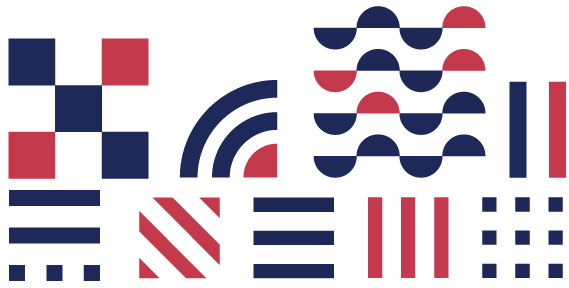In addition to the standard curriculum system, project-based learning, as an interdisciplinary learning method with rich content, helps students to establish a framework for understanding and solving real-world problems by developing appropriate experiments and explorations. Starting with a meaningful problem, the students solve the problem through a multi-step process. The project requires students to use a variety of learning skills reasonably, including reading, writing, calculation, research, logical reasoning and other core competences needed by talents in the 21st century. Project-based learning advocates teamwork and encourages students to create and innovate.
Learning mind map based on Project
|
Curriculum |
 |
Driving |
 |
Sustained |
 |
Authenticity |

|
||||||
|
Public |
 |
Critique& |
 |
Reflection& |
 |
Student Voice |
PBLAdvantage
Injecting new vitality into the classroom
Project Based Learning and the application of technology inject new vitality into active learning, introducing real situations and technologies into the course. It encourages students to think critically, work independently, demonstrate and use the required skills and form the habit of lifelong learning.
Cultivating students' ability to adapt to the future society
The comprehensive interdisciplinary education based on projects encourages students to explore the real world, master the comprehensive skills integrated with multi-disciplinary knowledge and apply them to practice to improve the ability to solve complex problems, so that they can meet the needs of future society for talents.
Stimulating students' interest and enhancing their learning value
Students decide how to solve problems and how to perform task-based activities. Students are the main body of learning, project participants, coordinators and responsible persons. They will have more passion and motivation in the process of learning. They achieve good learning results by actively participating in the projects.
Encouraging students to make mistakes
By breaking the traditional thinking of "making mistakes means being punished", the school allows students to practice boldly. They are not afraid of challenges and mistakes. Instead, they find problems from mistakes, learn knowledge, integrate multi-disciplinary knowledge, solve problems through project operation and truly achieve the purpose of learning.


